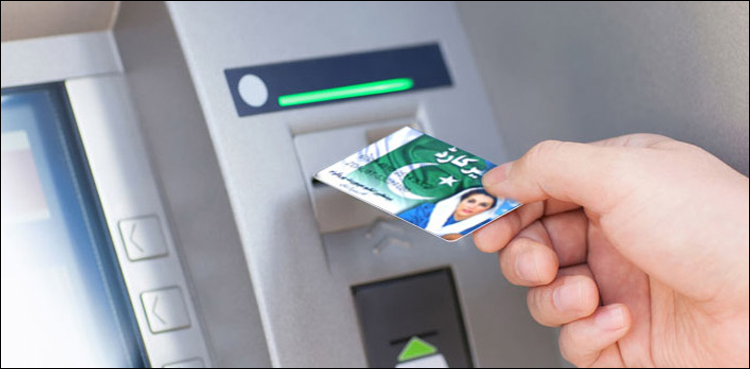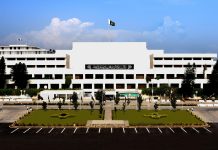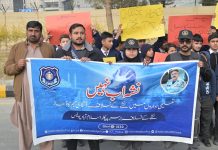By Hina Kiyani
ISLAMABAD: The internationally acclaimed Benazir Income Support Programme (BISP) has envisioned to empower underprivileged segments of society by launching the Benazir Hunarmand Programme soon.
According to an official source, around 40 semi-skilled individuals from deserving backgrounds will receive international-standard skill training in the pilot phase of the initiative. The programme aims to equip participants with advanced vocational skills while facilitating their employment opportunities abroad.
This initiative aligns with Shaheed Mohtarma Benazir Bhutto’s enduring legacy of uplifting the underprivileged and promoting self-reliance through skill development. The programme is expected to expand in the future, providing many more individuals with the skills to improve their livelihoods and contribute to the nation’s development.
Chairperson, BISP, Senator Rubina Khalid has been engaged with national and international organizations for collaborations to provide skill training to deserving beneficiaries.
According to the Chairperson BISP, Rubina Khalid, “Economic empowerment is the solution to all problems, and this concept aligns with the vision of Shaheed Mohtarma Benazir Bhutto. Skill is the greatest asset.”
She said that BISP has been actively engaging with international organizations, including the Bill and Melinda Gates Foundation, Lives and Livelihood Fund, Islamic Development Bank, and other skill training institutions, to introduce high-quality skill training programs for its beneficiaries.
Around 9.6 million families are currently benefiting from the program, with the number expected to reach 10 million soon.
The Benazir Income Support Programme (BISP) is one of Pakistan’s largest social safety net initiatives, launched in July 2008 with the aim of reducing poverty and providing financial assistance to the most vulnerable segments of society.
The program primarily targets women as direct beneficiaries, empowering them financially to support their families through unconditional cash transfers and other social protection measures.
The program uses a scientifically designed poverty scorecard and a National Socio-Economic Registry (NSER) to identify eligible families.
Over the years, the BISP has expanded its scope to include several initiatives such as Education Stipend, Benazir Nashonuma and Undergraduate Scholarship Programme, besides providing targeted financial support during natural disasters and health emergencies.
Since its inception, BISP has gained international recognition as a model social safety net program. It continues to play a critical role in alleviating poverty, promoting gender equity, and providing economic stability to millions of Pakistani households.






